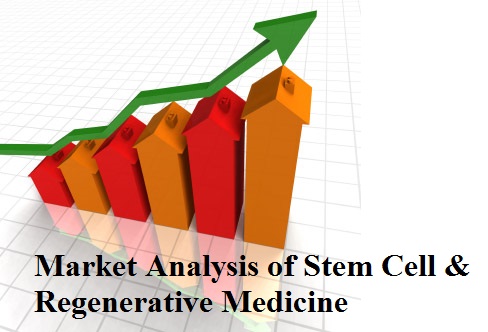
Ganapathi Bhat Mugulthimole
Jaslok Hospital and Research Centre, India
Title: Frontier of hope and despair-immunobiology of Allogenic Hematopoietic Stem Cell Transplant
Biography
Biography: Ganapathi Bhat Mugulthimole
Abstract
Allogeneic hematopoietic stem cell transplantation (HSCT) is cellular immunotherapy in the true sense for the treatment of a number of benign and malignant disorders with a curative intent. Delays in immune reconstitution following HSCT considerably limit the positive outcomes and increase the risk for infection and disease relapse in the transplant recipient. Ways to measure and manipulate immune recovery following HSCT are emerging and their success depends directly upon an enhanced understanding for the underlying mechanisms responsible for reconstituted immunity and haematopoiesis. Research in transplant immunology has made considerable efforts in understanding the role of immune effector cells in HSCT. Understanding the transplant immunobiology is fundamental to elucidate the immunological process involved in engraftment, immunotolerance, immune reconstitution, and donor and host reactions such as graft-versus-host disease (GVHD), graft-versus-leukaemia (GVL) effect, graft rejections and reinstatement of hematopoietic and immunological function to prevent transplant-related opportunistic infections. Although much of our understanding of immunobiology in allogeneic HSCT is from research in preclinical models, the findings can however be correlated with clinical observations in transplant recipients. Meanwhile, several pharmacological and cellular therapeutic interventions have been shown impact on immunobiology and influence the outcome. As our knowledge continues to evolve in understanding immunobiology, so will our ability to decrease disease- and transplant-related morbidity and mortality in the setting of HSCT.

